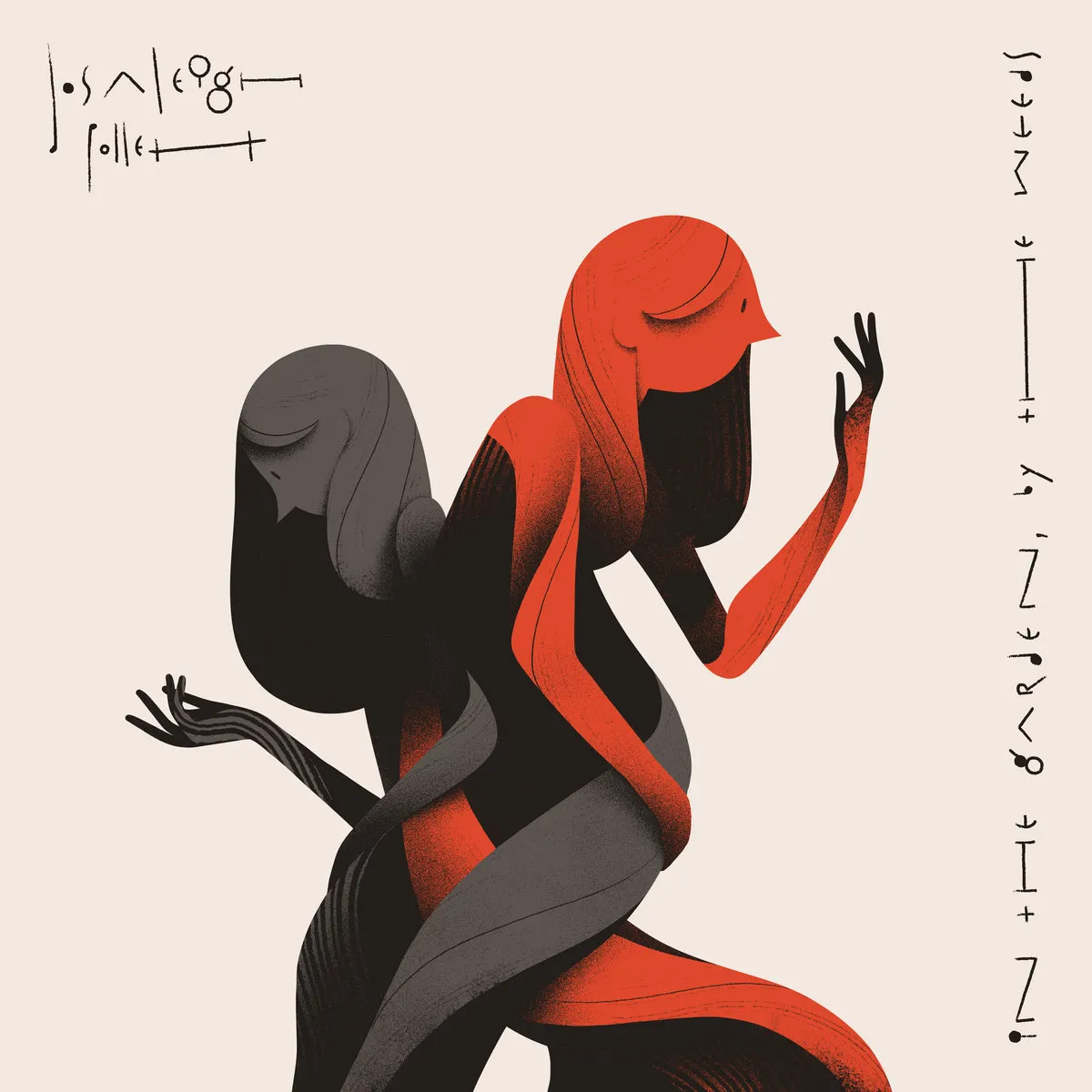Local Music Reviews
Josaleigh Pollett
In the Garden, By the Weeds
Lavender Vinyl
Street: 07.14
Josaleigh Pollett = Haley Heynderickx (Phoebe Bridgers + Ethel Cain)
Josaleigh Pollett is a master at creating atmosphere, and In the Garden, By the Weeds creates an entire world to get swept away in. In the Garden takes what Pollett did so wonderfully back in 2020 with No Woman is the Sea and refines it into something sharp toothed, tender and true to their brand of heart-wrenching songwriting.
NWITS felt like sitting at the bottom of a pool and staring up at the light dissipating through the surface of the water. It was declarative, a method to identify and organize all the hurting parts of yourself. In the Garden feels more reflective. This is what comes after recognizing you’ve been hurt—standing on the shore, watching a storm roll in. The clouds weigh down the horizon, the wind is picking up and there’s nothing you can do but watch it come closer.
In their music, Pollett’s vulnerability feels familiar and their loneliness shared, something In the Garden perfects. Their lyrics are as gut-punching as ever: “Thank god that sadness is easy / I tried holding onto anger but it holds me,” from “Empty Things;” “I didn’t bargain for these sorts of feelings” from “Earthquake Song;” and “But what if at the center I am just more of the same?” from “Jawbreaker.” Pollett’s artistry runs wild here, and their lyrics do substantial work in creating and maintaining In the Garden’s captivating mood.
The instrumentation adds further depth to the album’s story. Opener “YKWIM” conjures beachside thunderstorms with its slow, pulsing beat and gravelly synth. It transforms into something upbeat halfway through before disintegrating into static-y noise. Each song on In the Garden comes with a very intentional outro—this is an album meant to be ruminated on, best enjoyed from start to finish.
“Empty Things” is next and tells a story all on its own. Pollett’s lyrics and heartfelt delivery are almost whimsical at times before crackling guitar builds toward a desperation to be understood, crashing us back down into reality. “The Nothing Answered Back”—my favorite song on the album—begins with Pollett’s lone voice and a background breezy synth. The song features a staccato and driving drum beat, a push and pull between Pollett and something greater than them until they’re swallowed by static in the outro. It blends right into “Bad Dreams (Not Broken),” which becomes more melodic until the eerie, static-y synth returns for its outro.
“Cinderblocks” is spooky from the start with pulsing unease. The eeriness from the previous track is brought unavoidably to the front, heavy like the song’s namesake. Pollett’s voice gentles the energy, like the sadness after anger fades away. Their voice isn’t alone: A distorted multitrack echoes underneath Pollett, speaking to the complexity of the feelings they’re experiencing. By the end, the song has softened into repeated refrains of the album title, ending on a wistful note as if the sadness is finally starting to settle.
“Cinderblocks” brings a change in energy to In the Garden, and the next three tracks speak to the aftermath of this catharsis. Another personal favorite, “Not Easy Not Forever,” feels like the empty exhaustion that comes after a long cry. Pollett’s tender hope for the future is allowed to flourish against soft spoken guitar. “Jawbreaker” is stronger—still calm, but bouncing back with a unique metaphor I resonated with. “Earthquake Song” is a beautifully intimate showcase of Pollett’s voice. They aren’t running from their own intense emotions anymore, and the track gets to become something new because they’ve reached acceptance. There was little in the way of instrumentation prior to the halfway point where “Earthquake” takes on a hopeful spin, repeating, “I can see the good in anything / Do you want me to?” amid a brighter background.
This hope brings us full circle to “July,” an upbeat track that speaks to doing old things as a new person: “I’m pulling up weeds / And I planted a tree / But it feels like my heart shape has changed / And I know that things won’t be the same.” As a closer, it feels accurate to the story of In the Garden: we’re back at a beginning, but not where we started.
In the Garden beautifully illustrates the vulnerable struggle for authentic connection with both yourself and with others and speaks to the loneliness of trying to understand yourself. It stands just beyond how things have always been then looks to what they could be with tentative hope. In the Garden continues the story of No Woman Is The Sea both musically and emotionally, and I can’t wait to see how Pollett continues to grow their craft in the coming years. –Jude Perno
Read more of our latest reviews of Utah indie artists:
Local Review: KJ! – 801s Demos
Local Review: Number One Babe Team – See You Later
